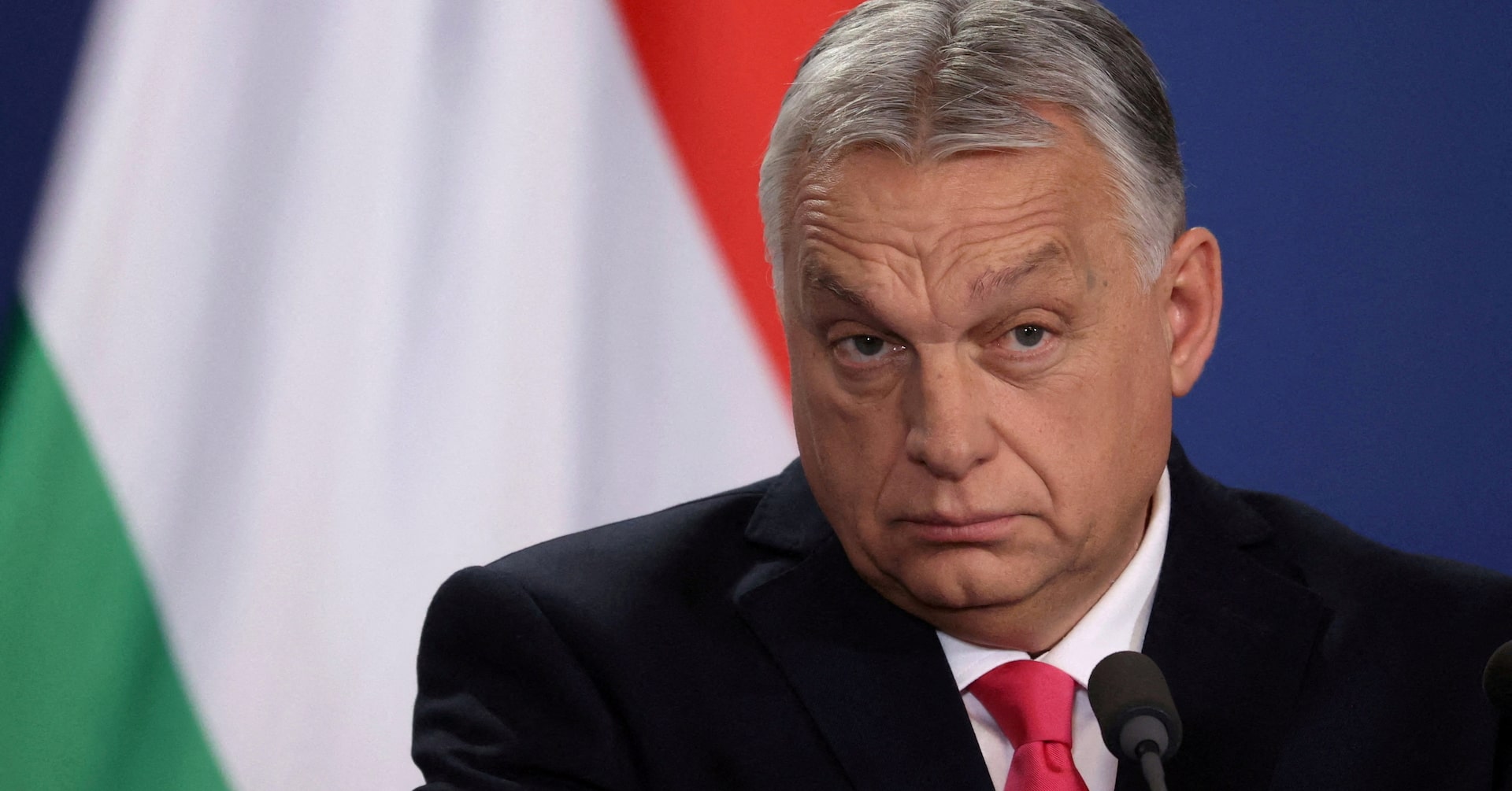Orban's Bold Move: US Business Partnership on the Horizon

In a strategic move to mitigate potential economic challenges, Hungarian Prime Minister Viktor Orban revealed plans for a promising business agreement with the United States. Speaking in a recent interview with www.ot.hu, Orban expressed confidence that the bilateral deal could be finalized within the next six months, potentially providing a buffer against the economic pressures of recent U.S. tariff policies.
The anticipated partnership signals Hungary's proactive approach to navigating international trade complexities, demonstrating the country's commitment to maintaining strong economic relationships despite potential diplomatic tensions. By seeking this collaborative agreement, Hungary aims to protect its economic interests and create new opportunities for bilateral trade and investment.
While specific details of the proposed deal remain undisclosed, Orban's optimistic outlook suggests a potentially significant breakthrough in U.S.-Hungarian economic relations. The timeline of six months indicates careful negotiation and a strategic approach to developing a mutually beneficial economic framework.
